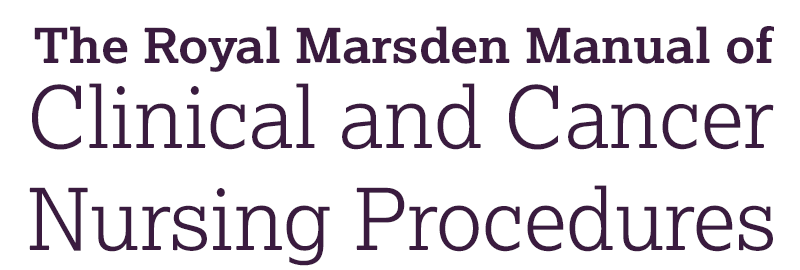Chapter 16: Perioperative care
Skip chapter table of contents and go to main content

Overview

Care of patients undergoing any surgical procedure has three main phases: pre‐operative (prior to the procedure), intraoperative (during the procedure) and post‐operative (immediately following completion of the procedure).
Pre‐operative care is delivered over two (or more) different episodes of contact with the patient. The first is pre‐assessment, which usually takes place within days (in elective or semi‐elective surgery), but sometimes minutes or hours (in emergency surgery), before the surgery. The aims of this phase are to assess the patient, carry out any necessary investigations to ensure they are physically and mentally able to have the procedure, and provide information about the anaesthetic and proposed surgery. The second is the immediate phase prior to the commencement of the procedure. The aims of this phase are to ensure the patient is prepared adequately for the surgical procedure and to mitigate any associated risks.
Intraoperative care usually consists of three phases: induction of anaesthesia, surgery and finally the recovery of the patient within the post‐anaesthetic care unit (PACU). As care within surgery is delivered by a multidisciplinary team, a thorough handover of the patient is essential at every stage.
Finally, the care continues beyond the intraoperative phase when the patient receives post‐operative care both before and after discharge from hospital. The amount and complexity of post‐operative care required will vary significantly according to the nature of the surgery (e.g. minor, major, laparoscopic or robotic) and the physical, mental and social status of the patient.





